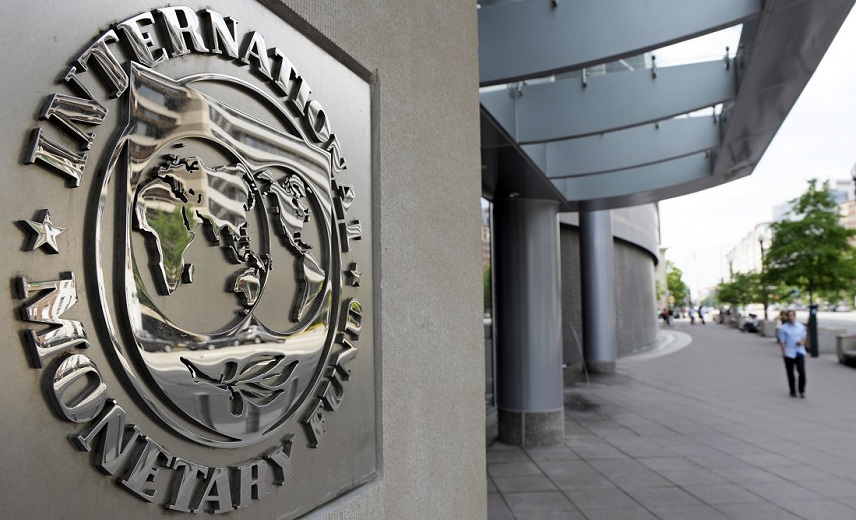As for unemployment, he estimates that it will continue to decrease and will reach 9.2% this year from 10.6% last year
Greece’s economic outlook has improved significantly, but significant challenges remain, it says International Monetary Fund in his report as part of the annual Article IV consultation, which took place in Athens from November 1-14.
The report notes that the Greek economy resumed income convergence (with the EU), after a period of stagnation and low investment, with real GDP to increase beyond the pre-pandemic trend, driven by the recovery in tourism demand and the new impetus to structural reforms and investment in the framework of the European funds (Next Generation EU). The IMF predicts an increase of GDP by 2.1% this year after a 2.3% increase in 2023, while for unemployment estimates that it will continue to decline and settle at 9.2% this year from 10.6% last year.
The strong demand and the high inflation, notes the IMF, have reduced the debt-to-GDP ratio below pre-pandemic levels, with limited risks to its financing in the medium term, thanks to a favorable debt structure. Debt is projected to fall to 158% of GDP this year from 167.4% in 2023.
However, adds the Fund, despite the investment grade recovery and improving bank balance sheets, the economy faces macro-financial challenges amid significant monetary tightening, persistent structural inflation (excluding energy and food prices) and rising property prices. For headline inflation, the Fund expects it to moderate this year to 2.8% from 4.2% in 2023.
“Structural imbalances, resulting from low household savings and the still low level of investment as well as increasing risks from climate change, weigh on medium-term growth prospects,” notes the IMF.
In terms of policies, the Fund notes that the right policy mix will make the best use of the improved performance of the economy, increased public revenues, secured external financing and positive consumer and business confidence, sustaining growth and ensuring fiscal stability. sustainability while ensuring financial stability.
It calls for a growth-friendly fiscal adjustment, noting that further tightening in the short term and maintaining a primary surplus in the medium term would further help strengthen debt sustainability while limiting additional inflationary pressures. To foster green and inclusive growth, “fiscal policy must emphasize public investment, including green investment, and social spending, such as health and education, while providing targeted support to vulnerable households.
It also mentions the need to strengthen the resilience of the financial system and the monitoring of risks linked to interest rates, liquidity, funding and credit exposure. He notes that the creation of a counter-cyclical “capital cushion” and measures for lending would strengthen the resilience of the banking sector against emerging risks. It also states that “temporarily increased bank profits should be used to build capital cushions and improve capital quality”.
IMF refers to reforms for higher and greener growth. Swift implementation, he notes, of the National Recovery Plan would help boost productivity by boosting the green and digital transition and retraining and upskilling the workforce. Streamlining regulations would help business dynamism and resource allocation, while continued reforms to digitize public administration and address barriers to greater competition would unlock more investment and improve productivity.




